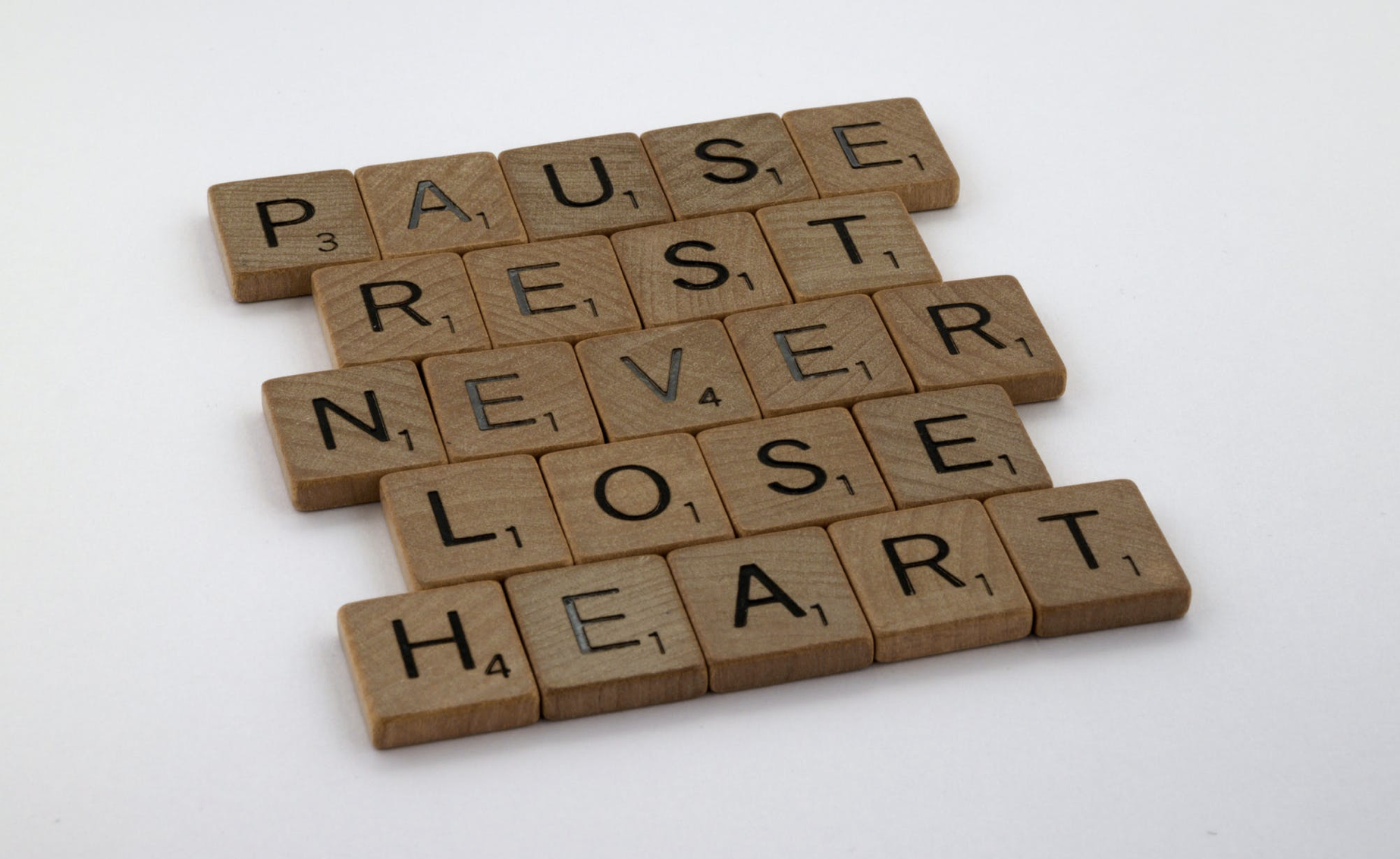
Disclosure ...
So in graduate school, budding therapists are taught that transparency is a bad thing. We are taught that our clients should know as little about us as possible and we should be a “blank slate”. There are a few reasons for this…
- This is YOUR time and YOU are the focus.
- Remaining more of a “mystery” allows the power differential to happen, meaning I tell you the same stuff your friends tell you, but often you listen to me. If you knew what I had for dinner last night, that would shift.
- Knowing personal things about your therapist may change how you view them and therefor your desire/ability to work with them.
Now, while I agree with all of these reasons, I do think that there is a time and place where disclosure is totally helpful. And maybe even necessary. I believe that if I’m telling a personal story to connect with my client and to illustrate to him/her that I know what I’m talking about because I’ve been there, that it can be helpful. VERY helpful actually. And this is why in substance use work, the clinicians are encouraged to talk about their journeys with recovery. It provides a level of credibility that otherwise might not be there.
It is safe to say that everyone, even therapists, goes through their own struggles and challenges. And I believe that everyone’s “stuff” is just right for them and someone else would not be able to “walk a mile in your shoes.” I’m not a fan of putting challenges into some sort of hierarchal structure. Because everyone is right where they need to be at every given moment in time. And everyone’s shoes are perfect for them.
So as we move forward with the continued weirdness that is Covid in 2021, be prepared for a bit more transparency from me than you might be used to. And please, please please feel free to ask me (either via email or text) any questions you might have.



Hello there! Would you mind if I share your blog with my zynga group? There’s a lot of folks that I think would really enjoy your content. Please let me know. Many thanks
Keep functioning ,impressive job!
I love your blog.. very nice colors & theme. Did you make this website yourself or did you hire someone to do it for you? Plz answer back as I’m looking to construct my own blog and would like to know where u got this from. appreciate it
Some genuinely howling work on behalf of the owner of this website , absolutely great written content.
I like this web blog very much so much superb info .
I went over this web site and I think you have a lot of superb info , bookmarked (:.
Thank you for sharing excellent informations. Your web-site is very cool. I’m impressed by the details that you’ve on this blog. It reveals how nicely you understand this subject. Bookmarked this website page, will come back for more articles. You, my friend, ROCK! I found simply the information I already searched everywhere and simply could not come across. What a perfect web site.
Super-Duper site! I am loving it!! Will be back later to read some more. I am bookmarking your feeds also
An impressive share, I just given this onto a colleague who was doing a little analysis on this. And he in fact bought me breakfast because I found it for him.. smile. So let me reword that: Thnx for the treat! But yeah Thnkx for spending the time to discuss this, I feel strongly about it and love reading more on this topic. If possible, as you become expertise, would you mind updating your blog with more details? It is highly helpful for me. Big thumb up for this blog post!
Keep up the good work, I read few articles on this website and I conceive that your website is really interesting and contains lots of superb information.